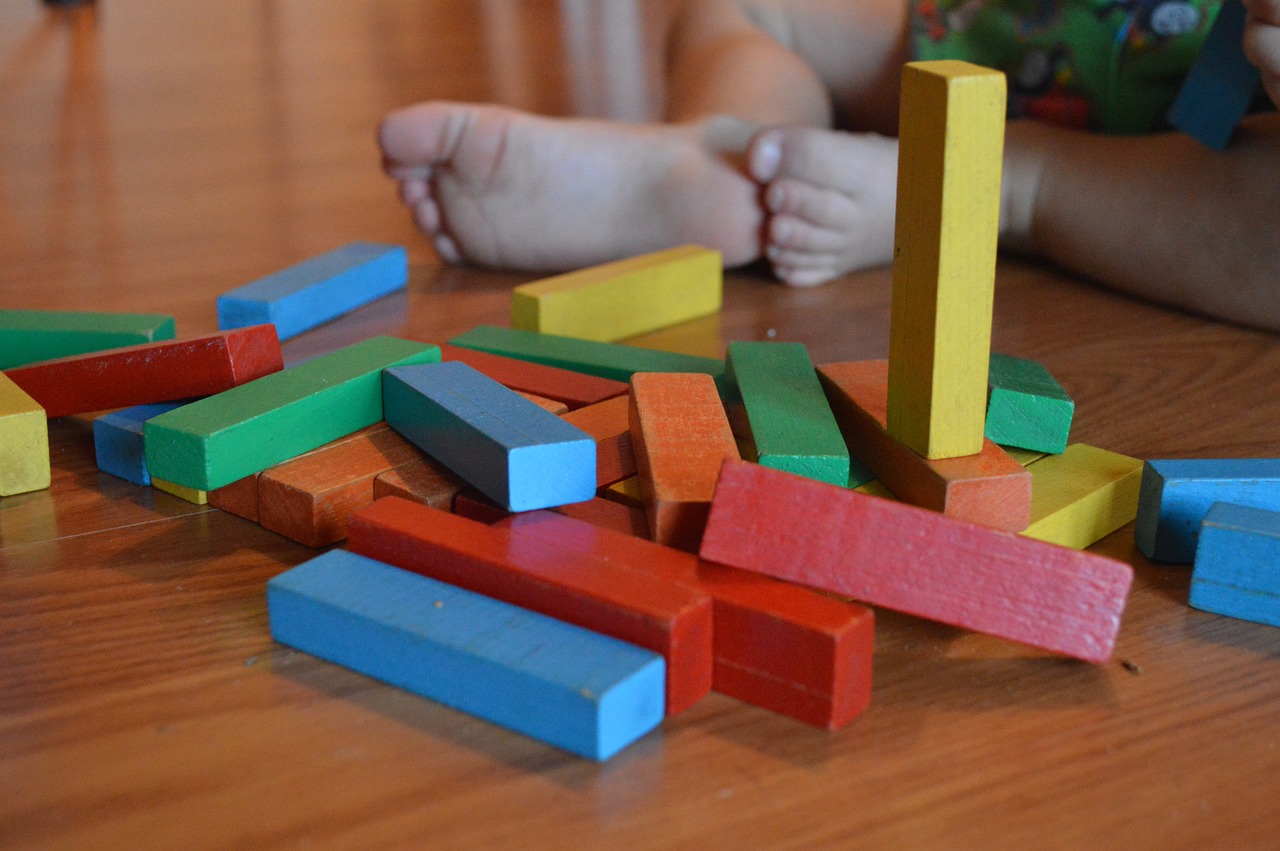
 More than 100 years since Dr. Maria Montessori began her work with children, schools around the world follow the pedagogy she outlined. And yet, it goes without saying that we live in very different times. Isn’t the Montessori philosophy outdated in a world filled with technology and nuclear families?
More than 100 years since Dr. Maria Montessori began her work with children, schools around the world follow the pedagogy she outlined. And yet, it goes without saying that we live in very different times. Isn’t the Montessori philosophy outdated in a world filled with technology and nuclear families?
Perhaps we could answer an easier question. Despite all our advancement in the last century, do human babies continue to evolve from being flat on their backs to rolling, then crawling, and finally walking? Do they continue to come into the world without any language, and learn to communicate over the course of a year? While the world changes rapidly, human development is more enduring. It remains the same across cultures and generations. The Montessori pedagogy, rooted in the scientific observation of human development, has stood the test of time for this reason. Many of her key observations resonate as much today as they did a hundred years ago.
‘Help Me Help Myself’
Cook, clean, pack your bag… you’ll see your child trying to do the same things. Children have a fundamental need to belong to the world around them. The more independence they experience, the greater their sense of self-esteem. Montessori understood this, and scaled items to be comfortably accessed and used by them. The prepared environment invites children to explore ‘real work’, such as cleaning and food prep. It is delightful to watch children’s natural concentration emerge when they are presented tasks at which they feel they can succeed.
 ‘What the Hand Does, the Mind Remembers’
‘What the Hand Does, the Mind Remembers’
Children have an innate sense of curiousity. Door handles, water taps, light switches – we can tell them what will happen if they interact with each of these, but they truly understand when they experience the results for themselves. Designed to provide a concrete representation of academic concepts, Montessori materials are easy to handle and manipulate. They are also built with a control of error which allows children to self-correct. Rather than having an adult explain abstract concepts for them to blindly memorize, children absorb concepts using these concrete materials on their own.
‘Order is One of the Needs of Life’
You may have noticed that your child is calmer when they experience familiar situations. Having consistent, predictable rules feeds a human need for order. The Montessori environment is built to support consistency. While the three-hour work cycle gives children the space to ebb and flow through periods of higher and lower concentration, the seemingly fluid schedule is bracketed by routine events such as Circle or snack time. These happen in the same order, giving children a physical sense of predictability on which they can lay the foundation of their internal order.
Maria Montessori made these observations, and many more, as she worked with the children in a low-income locality in Rome in the early 1900’s. It is truly amazing that even today, parents and educators from varied walks of life continue to relate to these findings.






No comment yet, add your voice below!